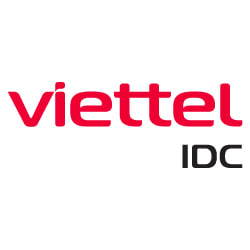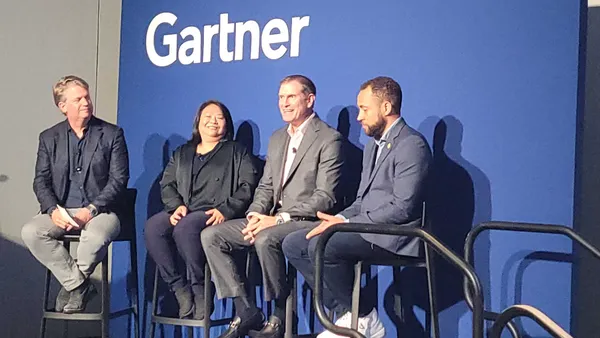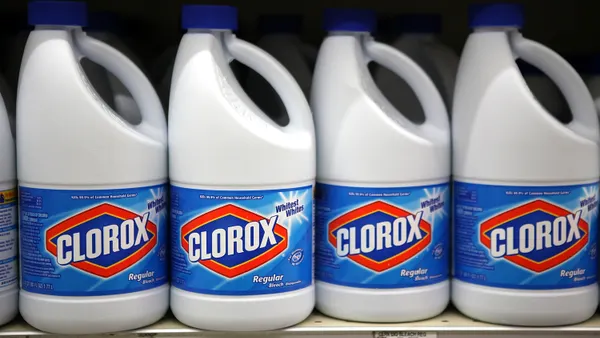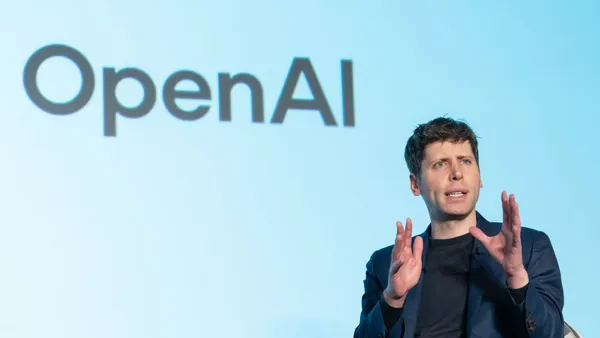Dive Brief:
-
Dell Technologies unveiled its venture practice Monday, merging the former venture capital operations of both Dell and EMC. Up until now, the firm has operated in "stealth mode" and has made investments for a number of years.
-
Called Dell Technologies Capital, the venture capital unit plans to invest $100 million per year in startups, according to the announcement. The unit has already invested in more than 70 early-stage startups.
-
The venture practice will be run by Scott Darling, who led EMC’s venture efforts since 2012. The firm is looking to invest in technology areas that include storage, software-defined networking, machine learning and artificial intelligence, Big Data and DevOps, among other things.
Dive Insight:
Many technology companies run venture capital arms to help startups get the resources and expertise they need to scale and market effectively. Most companies invest specifically in areas of future interest or growth, hoping to help start the next product that is necessary for the enterprise. Long term, the venture effort is a way for Dell to keep a pulse on those emerging technologies.
Though the company officially merged last year, details of its current operating structure are still coming to light. Dell and EMC operated their venture efforts differently and had different structures, according to Dell Technologies. Now working as one, Dell Technologies Capital should be able to make even bigger, more impactful investments.
The Dell/EMC merger set off a rivalry between Dell Technologies and Hewlett Packard Enterprise. One area of contention between the two companies is R&D and how much each company is willing to invest in that area. Boosting venture capital efforts could help Dell gain an edge here.
Michael Dell recently said he thinks the company that comes out ahead will be the company that invests the most in innovation, which he says will be Dell Technologies. In particular, for R&D, "we've spent $12.7 billion in the last three years, we're spending about $4.5 billion a year — again, more than twice HPE," he said.













